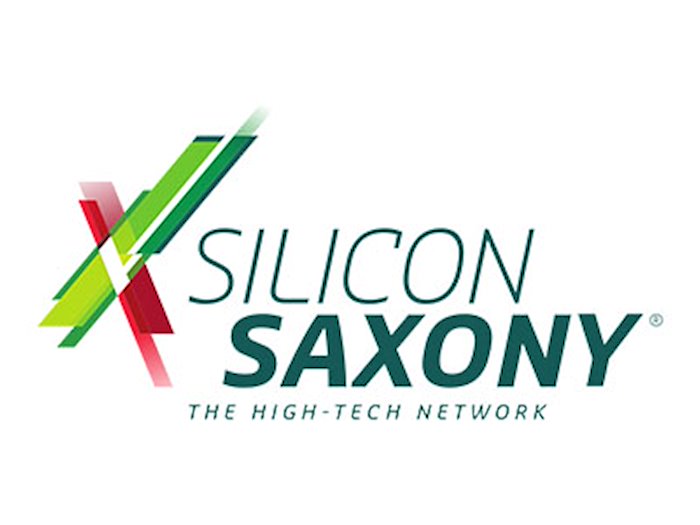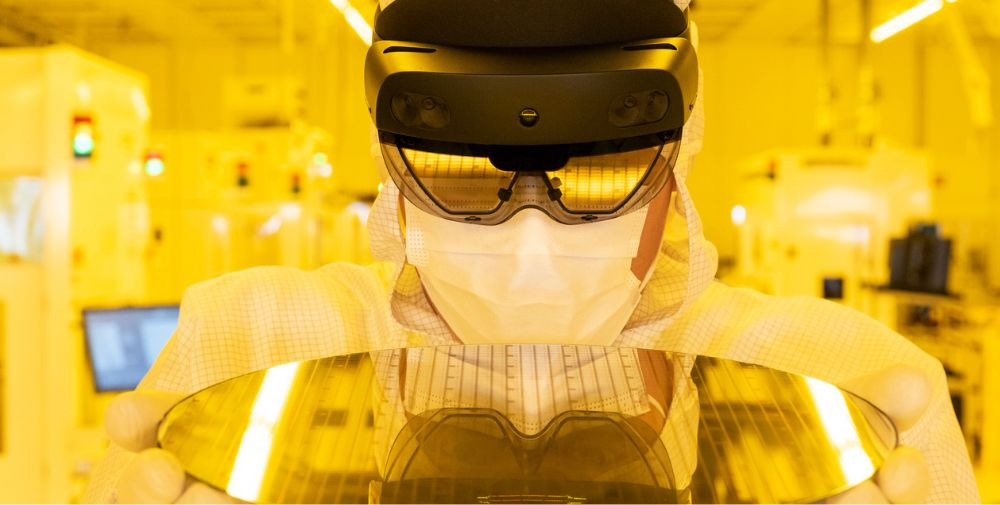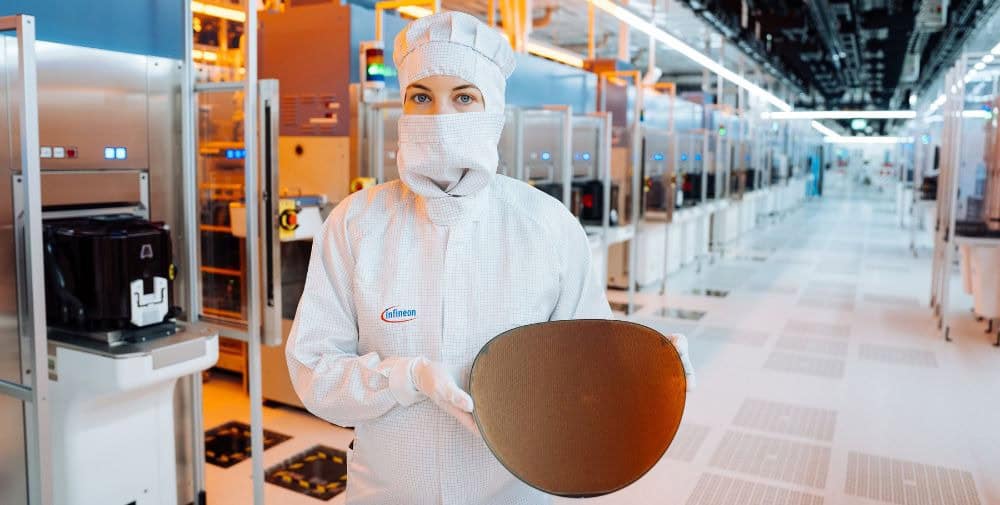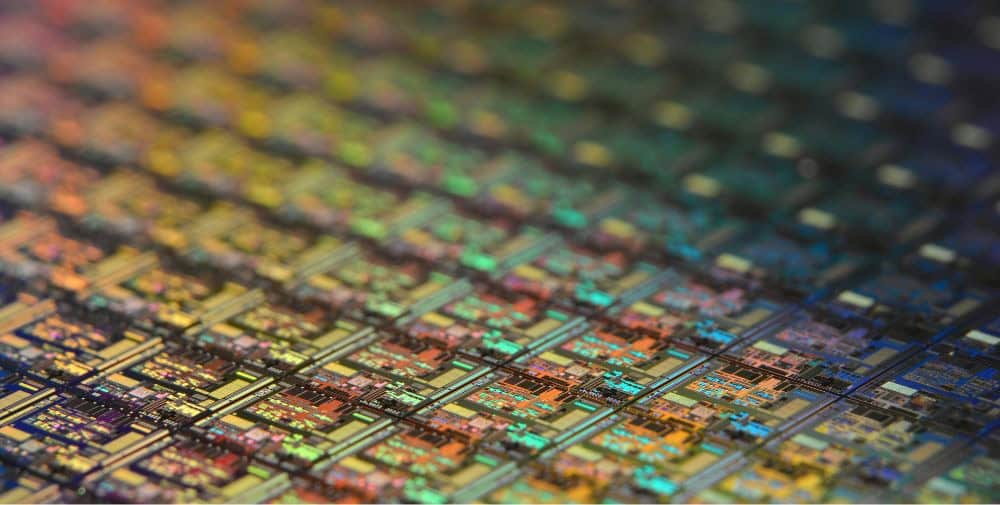
That Europe must act in the microelectronics sector quickly became clear during the Corona pandemic in 2021. Especially the German industrial draught horse, the automobile industry, despaired at that time – admittedly self-inflicted – at the semiconductor shortage. Nevertheless, it took until spring 2022 before the European Union envisaged a solution and formally launched the European Chips Act. The goals of the EU’s proposed chip law were:
- to provide for large-scale microelectronics capacity building and innovation in the EU.
- To ensure that the EU is much more self-sufficient in this area.
- To guarantee that the EU can react quickly in the event of semiconductor supply bottlenecks.
Silicon Saxony reported in the context of the announcement in a extensive article on the discrepancy between the claim and reality of this funding instrument since still in the planning stage. It was clear that if the EU member states and the companies in the sector that are based here or are to set up here do not stretch themselves, the Chips Act will be a complete failure. The EU only promised a meager 11 billion euros from its own funds. Member states and industry were supposed to contribute 32 billion. As a reminder, as late as 2021, the EU and 19 member states were holding out the prospect of 145 billion euros. Lip service that was caught by reality just one year later. Moreover, it was to take another 1.5 years after the promulgation of the Chips Act for the EU to pilot the much-needed law through all the relevant bodies.
The Chips Act was passed in July 2023. Since then, the events roll over.
In July 2023, the Chips Act had finally made it over the final line and was finally passed by the EU Parliament. In the same month, Germany confidently forged ahead and planned 20 billion euros in funding for the domestic semiconductor industry and for the industry to relocate. An important action of a national state, appropriate in scope and finally adequate in speed, which immediately – also supported by many intensive preliminary talks with national and international semiconductor companies – caused movement. Within a very short time, the new settlements and location decisions of Intel (project costs: 30 billion euros), Infineon (5 billion euros) and ZF/Wolfspeed (3 billion euros) were announced. Investments of around 38 billion euros, in other words, in Germany alone. This was followed on August 8 by the latest and long-awaited commitment from the world’s largest semiconductor contract manufacturer, Taiwan Semiconductor Manufacturing Company (TSMC for short).
TSMC consortium announces largest investment made in Saxony since 1990
With an investment estimated at 10 billion euros, a consortium of TSMC, Bosch, Infineon and NXP is building a modern 300-millimeter fab for semiconductor manufacturing in Dresden in the coming years. 40,000 wafers (12-inch) on 28/22-nanometer planar CMOS and 16/12-nanometer FinFET process technology are to be manufactured here per month – primarily for the automotive and industrial sectors. Production is scheduled to start in the new fab at the end of 2027. We have summarized what makes a modern semiconductor fab so expensive for you in a short article. In addition, we also recommend our topic magazine NEXT “In Focus: Microelectronics” if you are interested in the semiconductor industry and its background. But back to Chips Act and Germany’s excellent work in the field of semiconductors: With a total investment of 48 billion euros, Germany already officially exceeds the Chips Act planned for all of Europe by 5 billion euros, and that one month after the law was passed. Of the EUR 20 billion in funding planned in Germany, EUR 3 billion is also available for further settlements or projects. An impressive signal in the direction of Europe and a blueprint for other member states. Reliability, speed and consistency are honored by the industry.
Europe can and should learn from Germany
It remains to be wished that future plans of Europe to strengthen or settle important key technologies in Europe will move much faster into the implementation phase. Important time has been wasted in the past three years, which not only caused Europe to fall further behind, but also led to unobjective discussions and dissonance, which caused incomprehension and mistrust not only in the industry. Why, for example, subsidies are important instruments to be able to survive in international competition was pointed out in this difficult time by Silicon Saxony CEO Frank Bösenberg, among others, in his commentary “Sovereignty is not available for free”. Again and again, our association emphasized the importance of our industries for Germany and Europe. Especially at important semiconductor events, such as our joint booths at the SEMICON Europe (2023 already sold out) or the SEMICON Taiwan we had numerous discussions with representatives:inside the industry, from politics and society.
Today, however, our attention is focused on celebrating the successes we have achieved. Intel, TSMC, Bosch, NXP, Infineon and ZF/Wolfspeed will not only enrich Germany’s semiconductor ecosystem with all the new opportunities, but give it further momentum.
Our Podcast Recommendation
Finally, we recommend our network’s podcast “Hello Future”. Dive the most recent editionwith Julia Hess (Foundation New Responsibility) and Frank Bösenberg (Silicon Saxony) into the semiconductor industry and the just passed EU Chips Act. Entertaining and varied, you will get exclusive insights from absolute experts in the field.
Enjoy listening!
The links lead to German language pages.
Photo: Bosch



